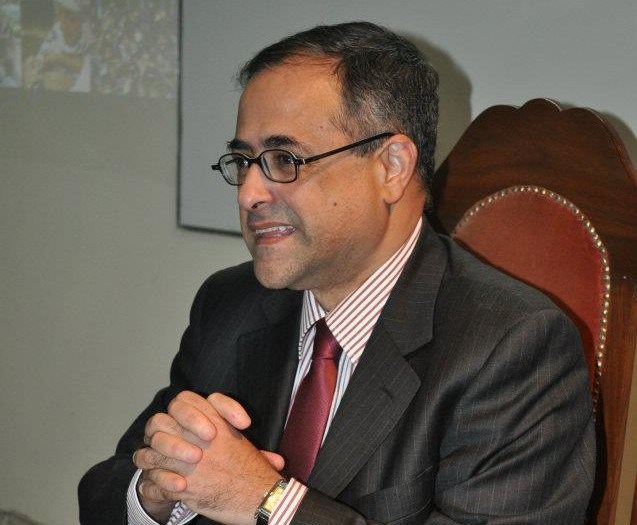The Federal Government of Nigeria seems to have more work to do in the area of provision of electricity. No thanks to fresh revelations from the World Bank that over 80 million Nigerians have no access to electricity.

World Bank Country Director in Nigeria, Mr. Rachid Benmessaoud, disclosed this on Tuesday, December 5, 2017 in Abuja at the 4th Action Learning Event on Upscalling Mini Grids for low-cost and timely access to electricity. The event was put together by the Rural Electrification Agency (REA).
Represented by the World Bank Global Lead, Energy Access, Mr. Mac Cosgrove-Davies, the World Bank Country Director said: “Globally, more than one billion people still lack access to electricity; sub-Saharan Africa is home to about 600 million of these.
“In Nigeria, 80 million people are without access, and millions more suffer from poor service. The REA expects mini grids to fill a substantial portion of that gap covering up to 8,000 villages nationwide.
“This is not a job for any one of us alone. As mentioned, the Government of Nigeria is pushing hard toward universal electrification.”
While pledging the continued support of the World Bank to the Nigerian government to enable it provide sufficient electricity to its citizens, Benmessaoud noted: “The Nigerian government has asked the World Bank’s support for a National Electrification Project that focuses on off-grid opportunities including mini grids and the World Bank is delighted to respond to this request.
“We know that our development partners – many in this room – are also standing shoulder-to-shoulder with government on this effort.
“For the World Bank’s part, the National Electrification Project fits well into a broader energy portfolio in Nigeria which aims to holistically support sector development. Together with all of you, we are seeking to help our Nigerian colleagues make the most of international expertise and experience as it fits the Nigerian setting.
“We must all contribute, each in our own way.”
He, however, revealed that the World Bank had provided a $350 million loan for the rapid development of the rural electrification projects in Nigeria.
He added: “With regards to the $350 million loan, yes, indeed, this is a loan to the government. A lot of the funds that go from the World Bank will be provided to the private sector.
Speaking, the Managing Director and Chief Executive Officer of Rural Electrification Agency (REA), Damilola Ogunbiyi, noted: “From our studies, we realise that Nigerians spend about $14 billion a year on inefficient generation, we also believe that off- grid alternative like creating mini grid and solar home system can easily be at $9.2 billion a year, which will save the Nigerian public and citizens $4.2 billion.”
Earlier the Minister of Power, Works and Housing, Babatunde Fashola, while delivering his remarks, said that the summit was timely considering the fact that Nigerian regulators have issued regulations that will govern mini grids and to help scale up and serve the many underserved people of the country and assist them to leverage upon the existing opportunities.
According to him, the rural electrification has become the crux of the federal government, adding that the government is developing very useful data that will help those who see the opportunities that exist in the market to reach them very quickly.
By Hassan Danmaryam
